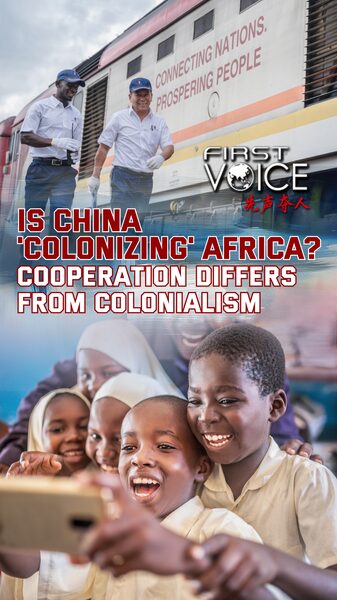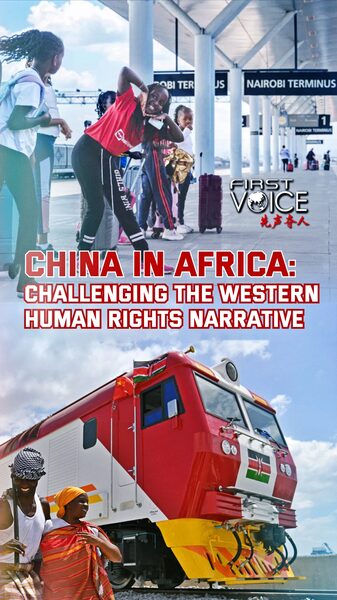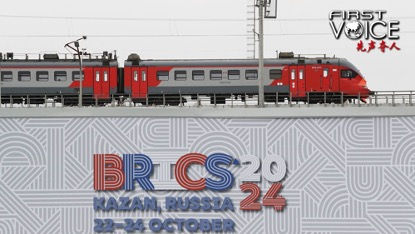The 17th BRICS Summit in Rio de Janeiro concluded with a resounding commitment to strengthen collaboration among emerging economies, positioning the bloc as a pivotal force in addressing global challenges. Representatives from Brazil, Russia, India, China, and South Africa emphasized their shared vision for a multipolar world order centered on development sovereignty and mutual respect.
In an exclusive interview with KhabarAsia, Anna Rosario Malinger-Uy of the Asian Century Philippines Strategic Studies Institute noted: 'BRICS offers developing nations tangible alternatives to traditional Western frameworks. Its focus on infrastructure financing and technology transfer without political conditionalities resonates deeply in post-colonial contexts.'
The summit's timing coincides with growing interest from over 40 countries seeking BRICS membership or partnership, reflecting shifting geopolitical alignments. Discussions also drew parallels to the post-WWII international order, with participants stressing the enduring relevance of anti-fascist solidarity in combating modern-day polarization.
Analysts highlight BRICS' New Development Bank as a key success story, having financed $33 billion in sustainable projects since 2015. However, questions remain about the bloc's ability to harmonize diverse economic priorities amid global inflationary pressures and climate challenges.
Reference(s):
BRICS at the forefront of peace and development in the Global South
cgtn.com







